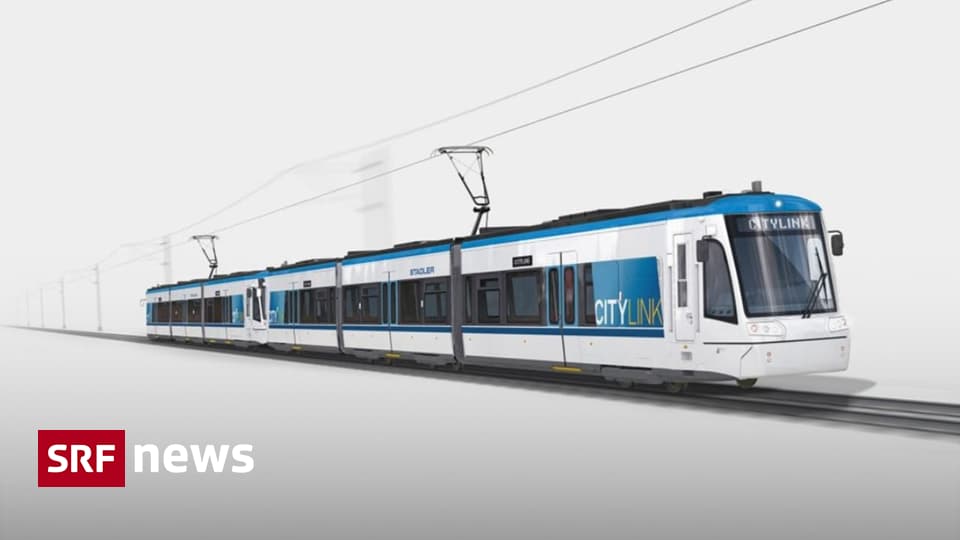Stadler has been awarded the largest contract in the company’s history with a total volume of up to four billion euros: it has won an international tender held jointly by six transport companies from Germany and Austria for up to 504 vehicles as part of the VDV Tram-Train project. In addition to vehicle production, the framework agreement also includes a maintenance contract lasting up to 32 years. Part of the framework agreement is a fixed order quantity of 246 CITYLINK vehicles representing a volume of around 1.7 billion euros. There is also an option to order up to 258 more vehicles.
The award of the contract marks the beginning of a long-standing partnership between Stadler and the project consortium, consisting of Verkehrsbetriebe Karlsruhe (VBK), Albtal-Verkehrs-Gesellschaft (AVG), Saarbahn Netz, Schiene Oberösterreich, the State of Salzburg and Zweckverband Regional-Stadtbahn Neckar-Alb. Over the next ten years, Stadler will produce 246 CITYLINK vehicles for the six operators. The first four vehicles will be delivered to the Saarbahn in 2024.
All vehicles will be supplied in a three-part design. The length of the vehicles, the number of doors, the boarding and coupling height as well as the configuration of the CITYLINK versions will vary depending on the delivery location and the customer. All the vehicles will have certain features in common: they will be fitted with an HVAC system for the passenger compartments and driver’s cab, and have spacious multi-purpose areas with two wheelchair spaces that can be flexibly configured. The tram-trains will be individually equipped to suit the place of use. For example, the vehicles for the Albtal-Verkehrs-Gesellschaft will have a toilet as well as facilities for cycle racks, while Schiene Oberösterreich has opted for luggage racks as an extra feature.
Providing one type of vehicle for six operators is unusual. “On the project team, we spent hours developing a common set of specifications. We defined a standard with up to five further versions to meet the operator- specific requirements such as boarding height, coating and place of use,” explains the overall project manager Thorsten Erlenkötter from Verkehrsbetriebe Karlsruhe.
